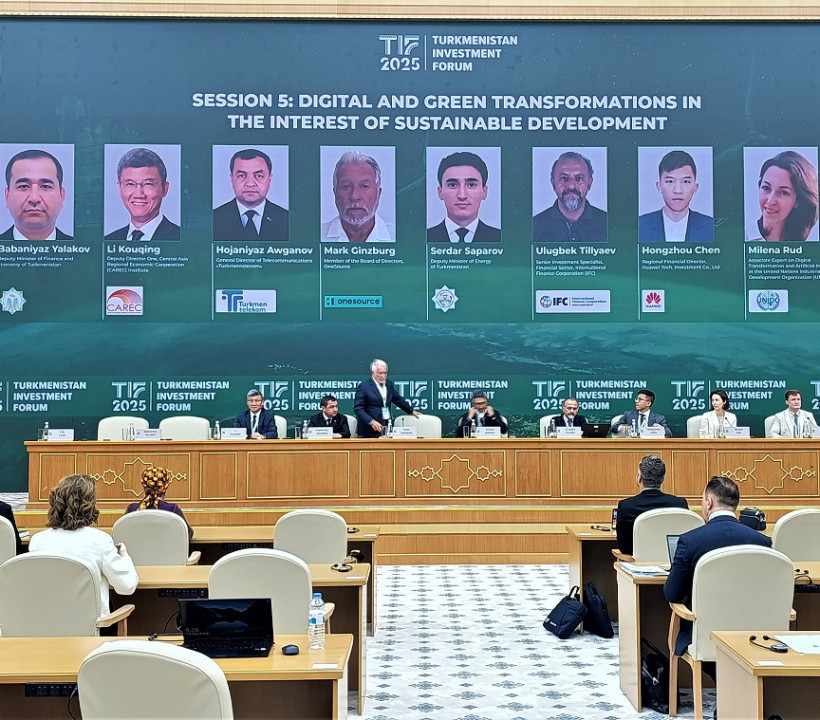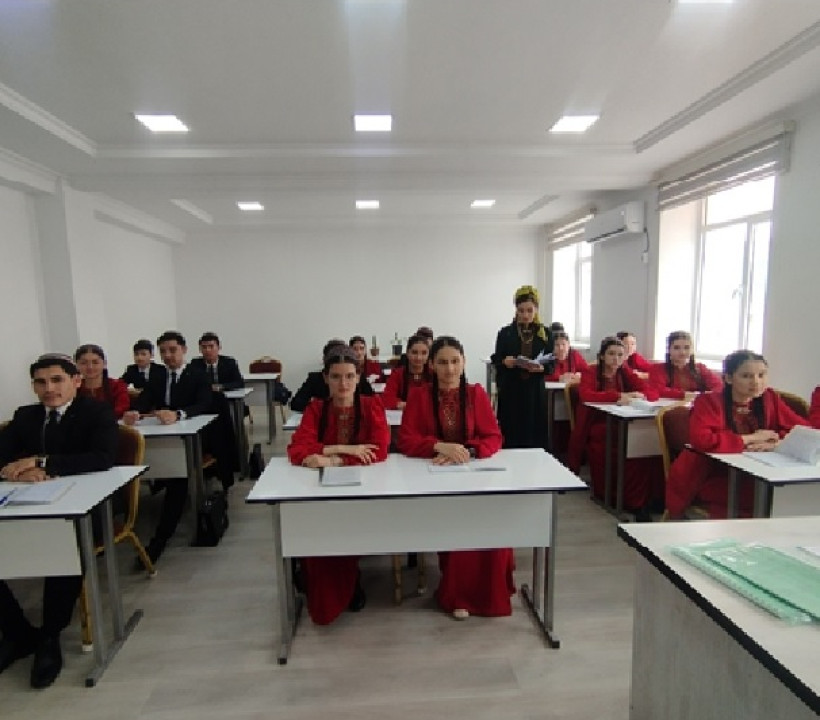INVESTMENT IS TO INSURANCE THE ECONOMY
The phrase "don't work for money, let money work for you" is often repeated by entrepreneurs and financiers. How to manage the money? The essence of this question is whether money can bring money. Investing is the use of available funds for the purpose of making a profit. Investments are important in opening new businesses, bringing new innovative products to the market, and even improving the economic situation of entire countries. Let's try to better understand the role of investment in the economy! As we mentioned, the main goal of investing is to get a profit or some other useful result over time. From this point of view, any action aimed at making a profit can be called an investment. For example, when choosing a profession, a person chooses it with the expectation of good future income and satisfaction. In the future, the demand for the profession he learned may increase or decrease. A person invests his main resource here - his time. But in the world of finance, investing means putting any property or funds into a business or other type of business with the goal of generating future income. There are many types and methods of investing. One of them is the direct purchase of an asset that can bring benefits in the future. This type of capital refers to the acquisition of income-generating assets such as real estate, technology, ready-made businesses, copyrights, patents, knowledge, and know-how. Financial investments include investments by investors in the securities and loans of enterprises. Every day, thousands of new businesses are opening around the world, and existing businesses are trying to expand their production and increase their profits. It is clear that businesses need funds to establish or expand their business. Thus, in case of lack of funds, the company can borrow the necessary funds or sell a certain part of its company, that is, its shares, to parties with funds. In the future, the income from these stocks will increase and bring great benefits to the investor. This mechanism frees parties in need of funds from the risk of becoming indebted, and allows parties with funds to benefit. It is a strong and clear fact that borrowed funds must be repaid. It goes without saying that there is a risk of being in debt if the business fails. When making an investment, the investor accepts and calculates all the risks, believes that the investment will be paid in the future, and gives his funds. The difference between a loan and an equity investment is as follows. Before investing, special attention is paid to two indicators: risk and expected profitability. Capital projects with a low level of risk have low returns. Conversely, projects with high expected returns are often risky. The riskiest investments are called venture investments. These include investments in startups trying to bring a new product to market. Investment beginners are advised to diversify their investments. That is, all resources should be directed not to one place, but to different places. In this way, some investments make a profit and some lose, creating a balance and reducing the risk of loss. Professional investors calculate the risks, analyze the market conditions, perform due diligence and invest. Today there are businesses that specialize in these services. Angel owners entrust their funds to them for more efficient investment. These companies keep a certain percentage of the profit. The largest of these are American companies such as "The Vanguard Group", "BlackRock, Inc.", and "State Street Corporation", which form the "big three" of the largest investment companies. When it comes to investments, it is worth noting the world-famous investors, that is, investors. Warren Buffett, Ray Dalio, and James Simons are among the greatest investors, and their books on investing are among the best-selling and most-read works. In addition, these books are more suitable for both those interested in entering the capital markets of the world and the investor. Investments are divided into 3 groups according to the origin of deposits: private, state and foreign investments. Private investment refers to investments made by citizens of the country. Investments made from the funds of the state budget are called state investments. Governments often focus their investments on social and economic sectors, on the development of priorities in the state.





